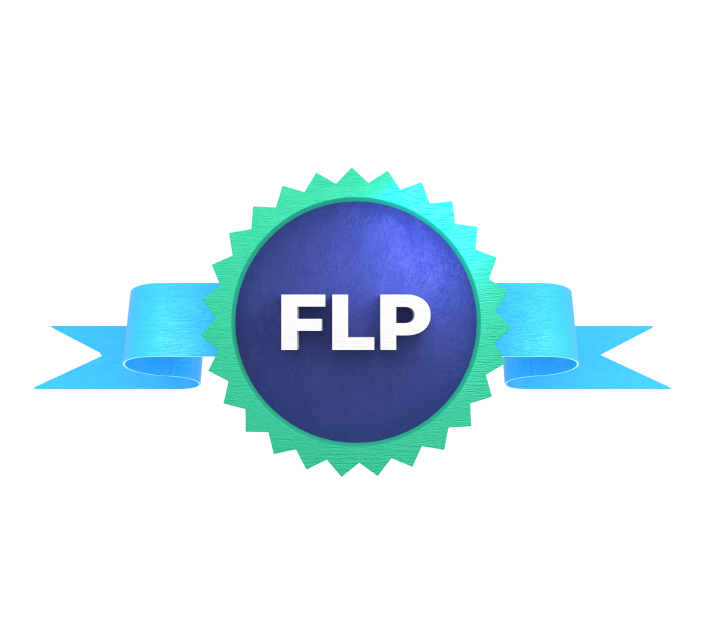The new face of leadership. Transform the culture of your organization.
Learn how life-changing this entire program could be for you, your career and the people you serve. Facilitation is part of the new face of leadership. Leverage the knowledge and experience of your people to make sound decisions and implement effective action.
The Facilitative Leadership Program can transform the culture and practices of your organization by equipping you with the ability to get employees and all stakeholders working together from plans they develop together.
University might help you understand what facilitative leadership is, but ICA’s Facilitative Leadership Program shows you how it’s done. With any team or department you will generate insight, energy and commitment by aligning content and process outcomes. Facilitative Leadership is transferable across all fields.
The seven courses of the FLP can be spread out over a year or more in almost any order but Group Facilitation Methods must be taken first. The total fee is $8,172.00 plus tax. This is a 20% saving over the sum of individual course pricing.
The curriculum of the Facilitative Leadership Program includes
- Group Facilitation Methods
- Transformational Strategy
- Organizational Transformation
- Leading Dynamic Teams
- Facilitating Conciliation
- Power of Image Change
- Participation Paradigm
You can take the classroom or live-online versions of any of these courses. GFM and TST are also available as self-directed modules.
Price is CAD$8,172 plus applicable tax.
Unlock potential and creativity throughout your entire organization. Facilitative Leaders clarify, challenge, motivate and create the space for authentic dialogue to be held and solutions to be formed.
- Build workable models.
- Create strategic plans.
- Launch programs and campaigns.
- Develop mission, mandate and values together.
Point and Delegate leadership has had its day. Today's complexity is just too much for any one person, but facilitative leaders use the group's wisdom to find the way.
- Reorganize and re-engineer departments.
- Transform the organization through skillful diagnosis and leveraged strategies.
- Diagnose systemic problems.
Facilitative leadership is the practical way to be adaptive and transformative. Learn how to engage your employees and stakeholders.
- Solve underlying issues.
- Resolve conflict and motivate participation.
- Change your organizational culture.
- Empower the people around you.
Together these six courses address all the competencies used by IAF to assess Certified Professional Facilitators (CPF), and all the competencies used by ICA to assess Certified Top Facilitator. That means you learn how to create collaborative client relationships, plan appropriate group processes, create and sustain participatory environments, guide groups to appropriate and useful outcomes, build and maintain professional knowledge, and model a positive professional attitude. The Facilitative Leadership Program goes far beyond facilitation competence, however, moving into leadership competence.
Please note that certification is a separate process, not included within any training program. Learn more about how you can earn your CPF designation from IAF.
Group Facilitation Methods - Powerful methods to facilitate and build consensus.
Transformational Strategy - Strategic thinking to produce breakthrough actions.
Advanced ToP Tools - Generate collaboration, action and accountability.
Organizational Transformation - Diagnose and leverage system wide change.
Power of Image Change - Internal images and behavioural change.
Participation Paradigm - The basis of ToP methodology.
Take courses in any order, but Group Facilitation Methods must be first.

